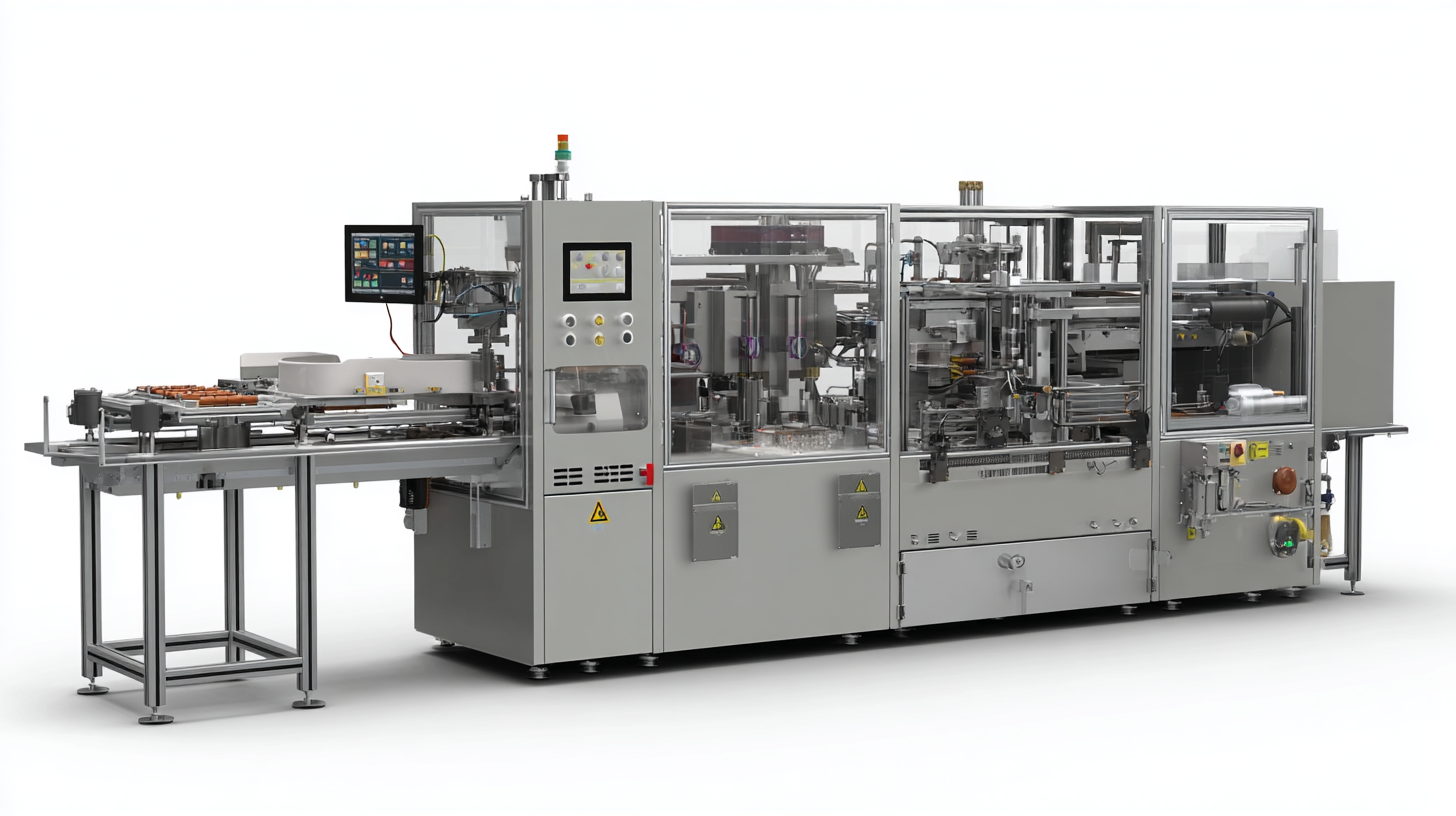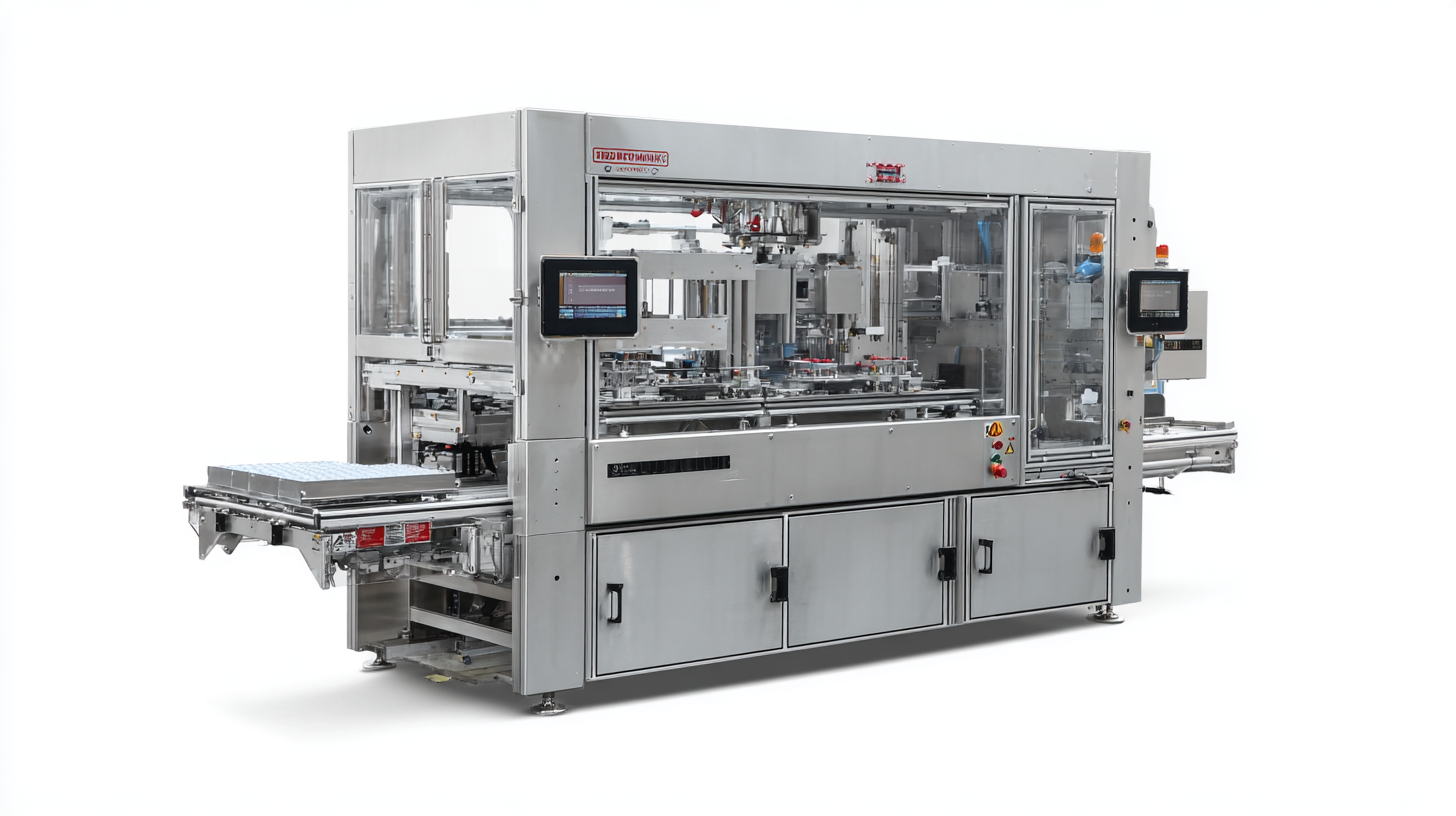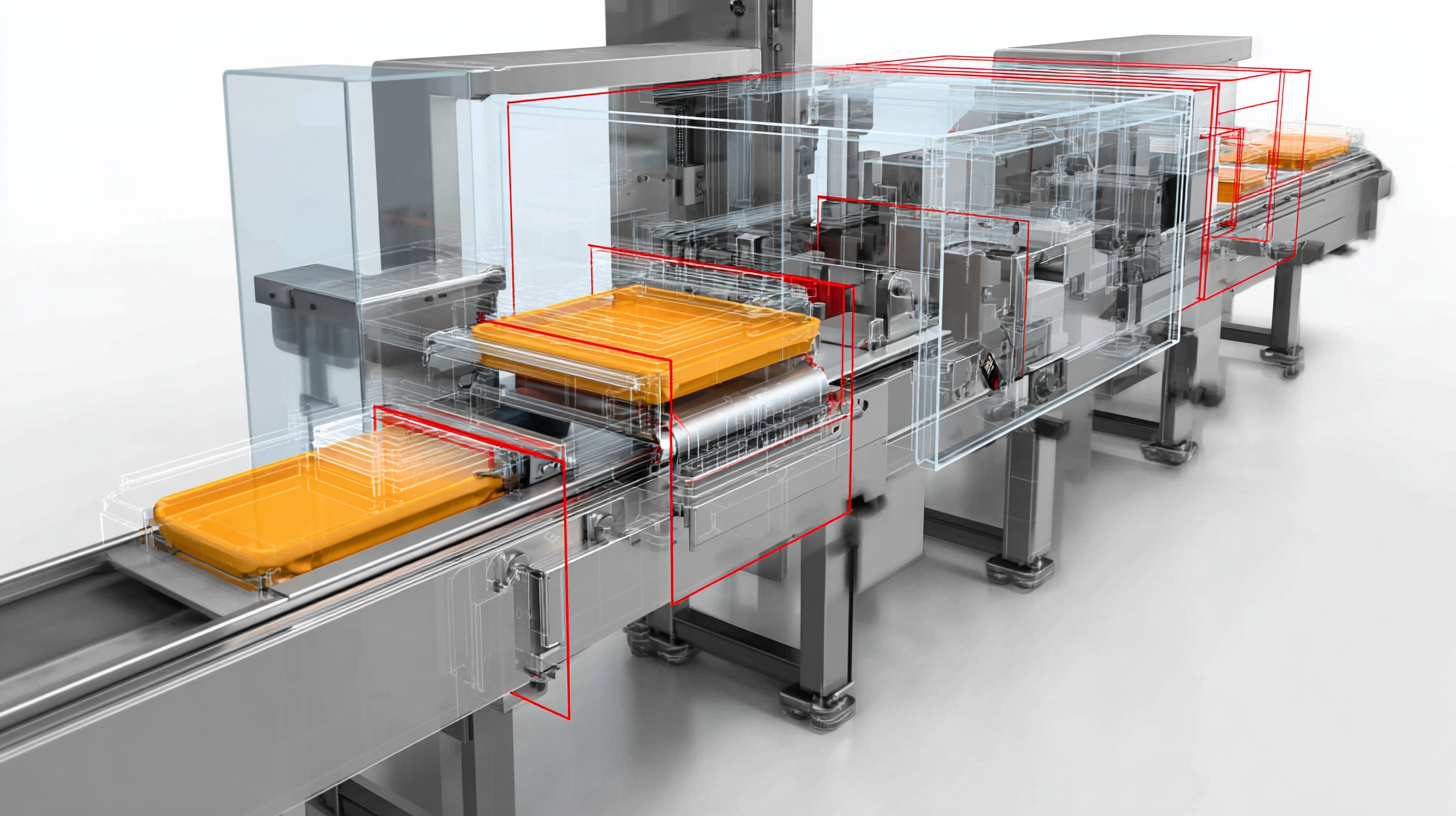Understanding the Problems with Selecting the Best Tray Sealing Machine for Your Production Needs
In today's competitive manufacturing landscape, selecting the right tray sealing machine is crucial for optimizing production efficiency and ensuring product quality. According to a report by MarketsandMarkets, the global market for tray sealing machines is expected to grow significantly, reaching USD 3.8 billion by 2025, driven by the increasing demand for packaged foods and ready-to-eat meals. As businesses strive to enhance their production capabilities and adapt to evolving consumer preferences, understanding the diverse range of tray sealing technologies available becomes imperative.

Factors such as production volume, material compatibility, and ease of operation are critical in determining the best solution for specific manufacturing needs. This blog will explore the challenges associated with choosing the right tray sealing machine and provide insights to help manufacturers make informed decisions for their production requirements.
Understanding the Importance of Compliance in Tray Sealing Machinery Exports
In the competitive landscape of food packaging, ensuring compliance in tray sealing machinery exports is crucial for manufacturers aiming to penetrate international markets. Regulatory requirements vary significantly across regions, affecting not only the design and functionality of the machinery but also the materials used and the operational processes involved. Understanding these compliance standards is essential for avoiding legal pitfalls and ensuring that products meet safety and quality benchmarks.
Moreover, compliance with international standards can enhance a brand’s reputation, making it more appealing to potential clients. By prioritizing adherence to regulations, manufacturers can instill confidence in their customers about the safety and reliability of their sealed products. This not only opens doors to new markets but also fosters long-term relationships with distributors and retailers who are increasingly vigilant about product safety. Consequently, investing time and resources to understand the compliance landscape is a vital strategy for success in the global marketplace of tray sealing machinery.
Understanding the Problems with Selecting the Best Tray Sealing Machine for Your Production Needs - Understanding the Importance of Compliance in Tray Sealing Machinery Exports
| Criteria | Options | Importance Level | Compliance Standards |
|---|---|---|---|
| Machine Size | Small, Medium, Large | High | ISO 9001 |
| Speed | Low, Medium, High | Medium | CE Marking |
| Power Consumption | Low, Moderate, High | Medium | RoHS |
| Material Compatibility | Plastic, Metal, Paper | High | FDA Approval |
| Maintenance Requirements | Low, Medium, High | Low | ANSI Compliance |
Key Certification Standards for Tray Sealing Machines in Different Markets
When selecting a tray sealing machine, it's crucial to understand the key certification standards that vary across different markets. These standards ensure that the machines not only meet safety regulations but also comply with quality expectations. For instance, in North America, tray sealing machines must adhere to the FDA regulations, which emphasize food safety and hygiene. This involves regular checks and documentation to confirm that the materials used in production are safe for food contact.
In contrast, the European market has its own set of guidelines, predominantly based on the European Union's regulations. CE marking is a significant certification that indicates conformity with safety standards. Additionally, ISO certifications are widely recognized and can enhance the credibility of tray sealing equipment manufacturers. Understanding these requirements is essential for businesses, as non-compliance can lead to costly penalties and jeopardize product quality. Therefore, it is imperative for producers to research and select machines that align with the certifications required in their respective markets.
The Role of Quality Assurance in Selecting Tray Sealing Equipment for Production
In the quest for optimizing production efficiency, the selection of the right tray sealing machine is paramount. Quality assurance plays a pivotal role in this selection process, as it directly impacts product integrity and customer satisfaction. According to a recent industry report from MarketsandMarkets, the global tray sealing market is projected to reach $2.21 billion by 2025, indicating a growing demand for systems that not only perform efficiently but also adhere to stringent quality standards. A robust quality assurance program ensures that the sealing processes are consistent, minimizing defects and enhancing shelf life.

Effective quality assurance begins with thorough supplier evaluations and product testing. The Food and Drug Administration (FDA) emphasizes that equipment must meet specific hygiene and safety standards, especially in food production. Implementing rigorous testing protocols can significantly reduce the risk of production failures. Reports suggest that approximately 30% of production failures are linked to inadequate equipment quality control measures. Hence, investing in high-quality tray sealing machines, coupled with a comprehensive quality assurance framework, is crucial for manufacturers striving to maintain competitive advantage and meet regulatory compliance.
Impact of Non-Compliance on Production Efficiency and Market Access
Selecting the right tray sealing machine is crucial for any production line, yet non-compliance with industry standards can severely impact efficiency and market access. When machines fail to meet regulatory requirements, manufacturers risk not only production delays but also greater financial losses due to potential fines and the need for costly rework. Compliance with health and safety regulations is essential, especially in sectors like food packaging, where improper sealing could lead to contamination and compromised product integrity.

Moreover, non-compliance can hinder a company's ability to access certain markets. Regulatory bodies often have stringent guidelines that must be followed; failure to adhere can result in the exclusion from important market segments. For example, products that do not meet local health regulations can be denied entry, limiting growth opportunities.
To navigate these challenges, it’s imperative for businesses to invest in a tray sealing machine that aligns with both operational needs and compliance standards. This investment not only ensures adherence to regulations but also enhances overall production efficiency, paving the way for broader market access and profitability.
Trends in Global Trade Regulations Affecting Tray Sealing Machine Imports and Exports
In today's global marketplace, understanding trends in trade regulations is essential for businesses involved in the import and export of tray sealing machines. As countries adjust their trade policies to safeguard local industries, manufacturers must navigate a complex web of tariffs, quality standards, and compliance requirements. These regulations not only influence the cost of acquiring machinery but also affect the overall supply chain, leading to potential delays and increased operational risks.
Furthermore, the push towards sustainability has prompted many nations to implement stricter environmental regulations concerning packaging machinery. As companies increasingly seek eco-friendly solutions, those specializing in tray sealing machines may find themselves striving to meet new certifications that promote lower emissions and recyclable materials. Staying ahead of these changing regulations can provide competitive advantages, ensuring compliance while aligning with market demands for sustainable practices. This evolving landscape necessitates that businesses remain vigilant and adaptable, fostering partnerships that can help them respond effectively to international trade challenges.